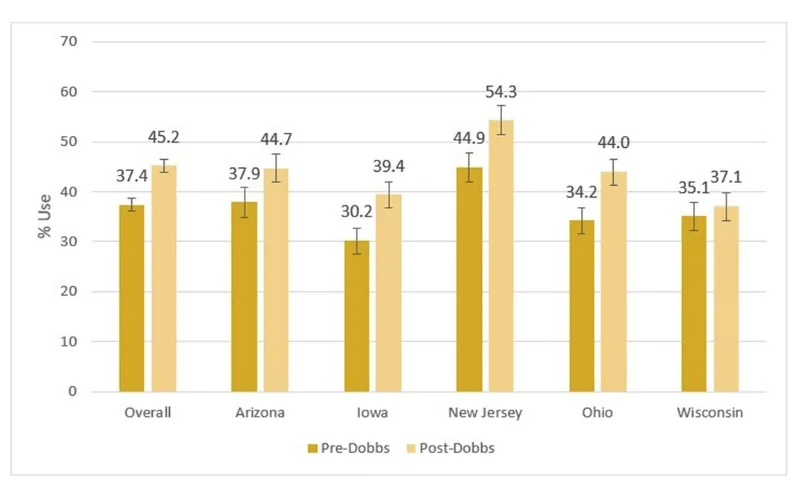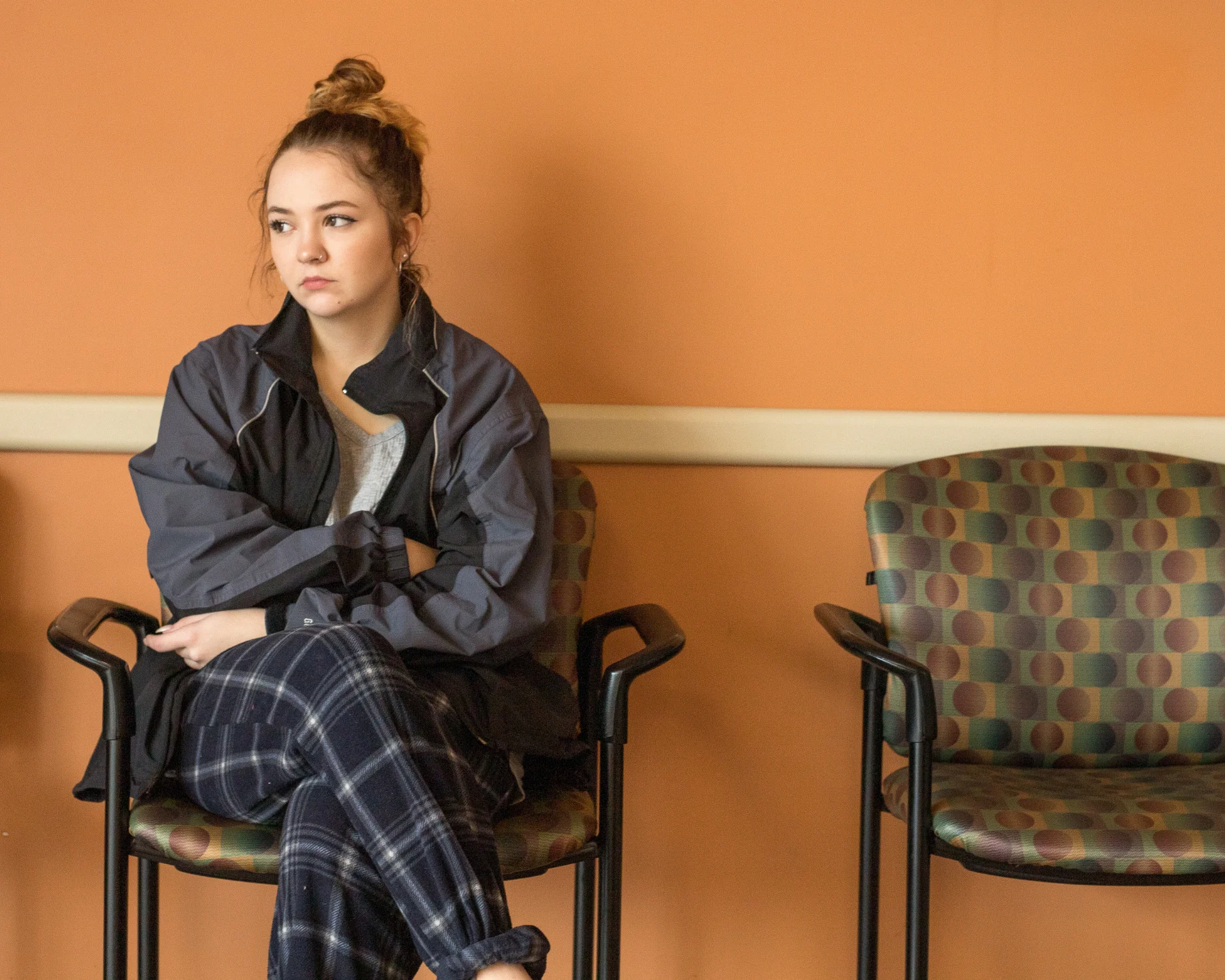Period Apps After Dobbs: More Users, More Risks
Following the Dobbs decision, the number of women using period-tracking apps has increased from 37% to 45%, raising privacy concerns.

Read Time: 2 minutes
Published:
Millions of women use period-tracking apps to monitor their sexual health. Flo and Clue are among the most popular, but there are many others. Users log information about their menstrual cycles, birth control use, and sexual activity, and the apps then use this data to generate personalized health insights, from predicting menstruation and ovulation to helping plan pregnancies.
However, since the Dobbs v. Jackson Women’s Health Organization decision overturned federal abortion protections, privacy experts have raised alarms about using these apps. The data collected and stored on these apps could be used to identify and prosecute users who have had an abortion. In response, politicians and activists suggested deleting period-tracking apps, with reports confirming women doing just that.
Despite this purported trend, a recent study found that the number of women using period-tracking apps has actually increased—from 37% before Dobbs to 45% afterward. Emily Neiman and colleagues analyzed survey data from nearly 23,000 women across five states that asked about menstrual tracking: Arizona, Iowa, New Jersey, Ohio, and Wisconsin. App usage increased in all five. Interestingly, since Dobbs, fewer women report using tracking apps to become pregnant.

The study presents a difficult tradeoff: how to balance reproductive autonomy, privacy risks, and legal concerns amid changing abortion laws.
Data security concerns with period-tracking tools were a concern long before Dobbs. Laws that protect medical data, like HIPAA, don’t apply to these apps. In fact, 84% of period-tracking apps have sold data to third parties without users’ consent, and 64% are required to share data with law enforcement if subpoenaed, which is particularly concerning post-Dobbs.
Still, period-tracking apps provide users with timely information that can aid in early pregnancy recognition. Not having access to this information comes with risks too, especially in states that only allow abortion during the first weeks of pregnancy. While many women may decide the risks are worth it, users need better data security education so they can make informed decisions about which apps to use, what data to share, and how to protect their privacy.



